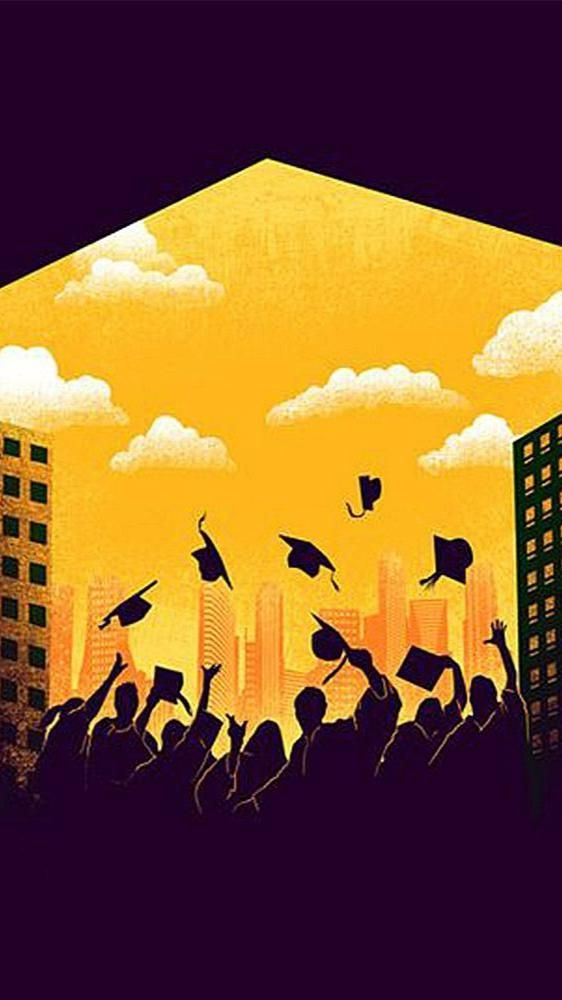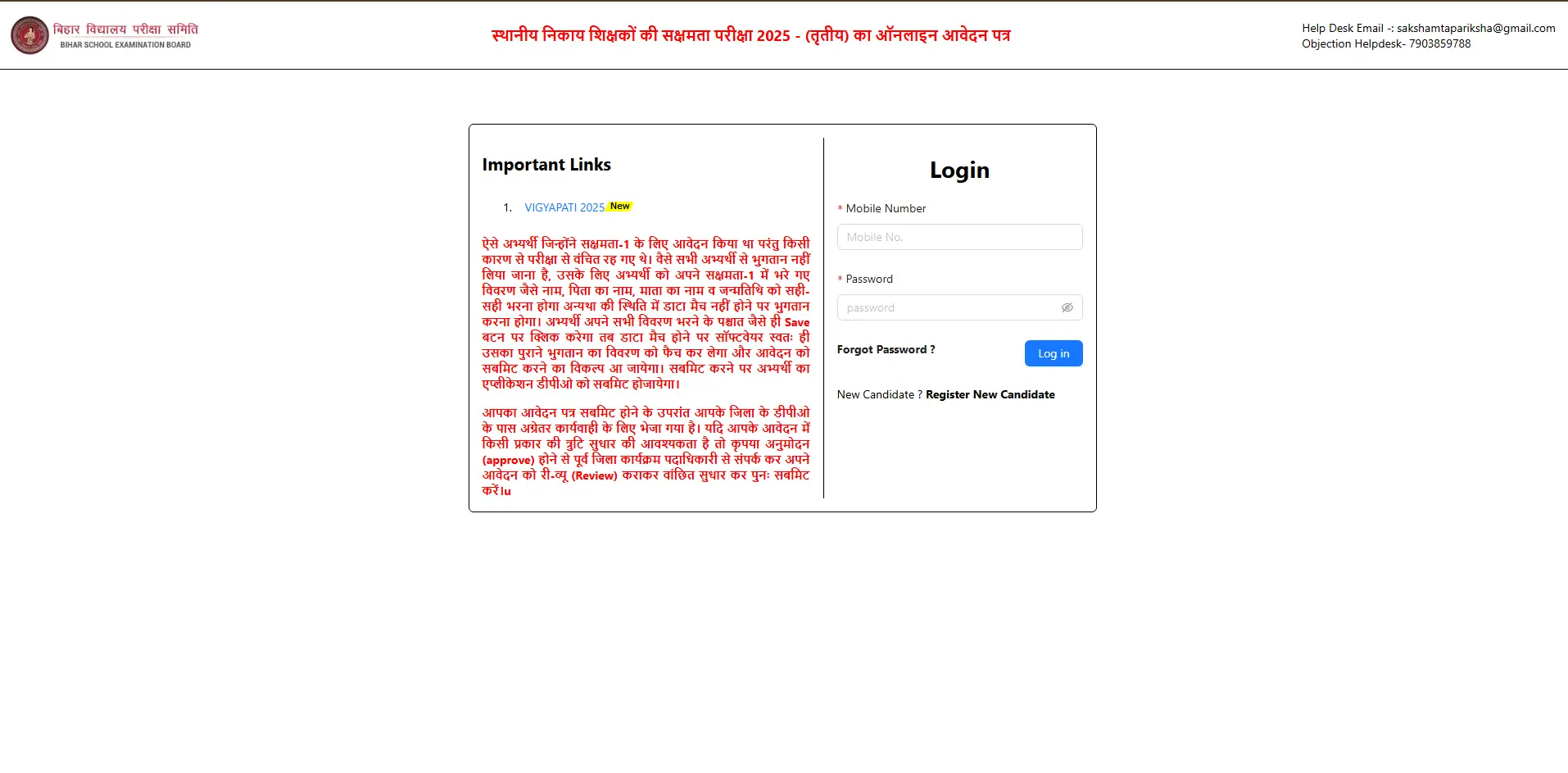Introduction
Former U.S. President Donald Trump has reignited controversy across the American education landscape by calling Harvard University “a disgrace” and threatening to revoke its tax-exempt status. His comments came amid nationwide protests in defense of academic freedom, particularly at the University of California, Berkeley. Trump’s criticism stems from how top universities have responded to pro-Palestinian student protests and broader issues of diversity and ideological control. With federal funding and tax privileges on the line, institutions like Harvard and Columbia now find themselves at the heart of a heated political and legal battle.
Trump’s Accusations: “A Disgrace to the Nation”

In a recent press briefing, Trump blasted Harvard and other elite universities for what he claims is the spread of “radical left” and “anti-American” ideologies. Referring to Harvard, Columbia, and Princeton, he questioned whether they deserved to retain their tax-exempt status. On social media, Trump stated he was considering action against institutions that allegedly support “terrorist-inspired” ideas or fail to uphold what he described as “American values.”
Background: The Campus Protest Wave
Since late 2023, student protests have intensified on several major campuses, including Columbia University and UC Berkeley, in response to the conflict between Israel and Hamas. Students demanding support for Palestinian rights have organized sit-ins, rallies, and walkouts. These movements triggered pushback from the Trump administration, which labeled many of these actions antisemitic and harmful to U.S. interests.
The Trump administration’s response included freezing federal grants and threatening to limit the ability of these schools to enroll foreign students unless specific demands were met.
Tax-Exempt Status Under Scrutiny
The most contentious part of Trump’s remarks involves the possibility of revoking the tax-exempt status of Harvard and similar institutions. Trump acknowledged the IRS’s involvement but claimed he wasn’t directly influencing any decisions, stating, “I read about it just like you did.” However, critics argue that the administration’s comments are politically charged and could set a dangerous precedent.
Under U.S. law, tax-exempt status is governed by the Internal Revenue Service (IRS) and should not be influenced by political pressure. Harvard responded firmly, saying there is “no legal basis” for removing its status, warning that it could affect financial aid and vital medical research.
Universities Push Back: “We Won’t Surrender”
In response to these threats, Harvard President Alan Garber issued a powerful letter rejecting what he called “unlawful assertions of power.” He emphasized that the university would not compromise its academic independence or violate its constitutional rights.
Recent news

Congress Alleges Assam Police Intimidation Before Panchayat Polls 2025

SEBI’s Bold Move: 2X Mutual Fund Exposure to REITs & InvITs
Columbia University also responded by halting negotiations with the administration and reiterating its commitment to academic freedom. Interim President Claire Shipman stated the university would not accept any agreement allowing the federal government to control what is taught, researched, or who is hired.
Nationwide Protest: “Right to Learn” Rallies
Students, faculty, and education advocates across the U.S. rallied under the banner “Right to Learn!” with a major event at UC Berkeley. Protesters held signs reading “Education is a public good” and “Hands off our free speech.” Renowned public policy professor Robert Reich criticized the administration’s efforts to pressure universities and praised those standing up for their institutional rights.
He added, “Columbia tried to appease a tyrant. It didn’t work. After Harvard stood up, Columbia also said no.”
Public Reaction: Nationwide Backlash and Support
Trump’s statements have unleashed a wave of reactions across the political spectrum. While his supporters argue that universities have become breeding grounds for radical ideologies and are long overdue for reform, others say his actions are authoritarian and suppress academic freedom.
At UC Berkeley, one of the most politically active campuses in the country, students chanted slogans defending education and civil liberties. Many faculty members joined them, warning that political interference in academic institutions undermines democracy. “This is not just about Harvard or Columbia,” said one protester, “It’s about preserving the soul of American education.”
follow us :
Meanwhile, prominent conservatives doubled down on Trump’s claims. Political commentator Mark Levin called the move “bold and necessary,” claiming that elite institutions have “long stopped being places of learning” and instead serve “radical agendas.” This division reflects a broader cultural battle over free speech, diversity, and what universities should represent.
The Tax-Exempt Status Debate: Privilege or Right?
Trump’s emphasis on revisiting tax-exempt status has brought a complex issue into mainstream debate. According to U.S. law, tax exemption for educational institutions is granted on the basis of serving a public good — including academic research, public education, and community service.
Critics argue that Trump’s threat to remove this status from Harvard is politically motivated and could set a dangerous precedent. Harvard, for its part, insists that its financial model relies heavily on tax exemption to provide need-based scholarships and support for research in medicine, science, and public health.
Harvard spokesperson Lily Chu stated, “Revoking tax-exempt status would not punish the administration — it would punish students and faculty who rely on the resources that status helps provide.”
Yet Trump’s allies argue that when institutions cross the line into political advocacy — or in his words, “supporting terrorism” — they lose their claim to that privilege.
Voices from the Academic Community
Several university presidents and deans have spoken out, not just in defense of their institutions, but in concern for academic independence in the U.S.
Yale’s president released a statement condemning “any attempt to use financial pressure to control what universities teach, who they employ, or what values they promote.” Similarly, Stanford’s leadership warned that attacks on one university, if left unchallenged, may soon reach others.
“This is not just a battle between Trump and Harvard,” said public policy analyst Dr. Anita Shore. “This is a red flag for the future of American education — if tax threats are used as a leash, it compromises the essence of free thought.”
Potential Long-Term Impacts on U.S. Education
Experts suggest that this unprecedented clash could have ripple effects for decades:
- Research Funding Crisis: Loss of tax-exempt status could severely cut into university budgets, halting medical and scientific progress.
- Brain Drain: International scholars may be deterred from enrolling or collaborating with U.S. universities due to political instability.
- Free Speech Concerns: Fear of government retaliation could cause institutions to self-censor, weakening academic debate and diversity of thought.
These are not just hypotheticals — they are already in motion. With DHS cutting ties and the IRS reportedly drafting plans, universities may soon face a funding and operational crunch.
The Bigger Picture: Education, Politics, and Power
This controversy is about more than Harvard. It’s about the future of how education intersects with politics in the U.S. While Trump portrays himself as defending American values, critics believe he’s weaponizing government institutions to control opposition and dissent.
Whether you’re on the left or right, the implications are serious. Should universities be punished for the protests of their students? Or is this a wake-up call to restore ideological balance in higher education?
As the 2024 presidential election looms closer, such debates are likely to become even more heated — with education now squarely in the political spotlight
What’s at Stake?
If actions like tax-exempt revocation or grant freezes become tools of political retaliation, it could dramatically reshape American higher education. Universities depend on these privileges not only to fund academic research but also to provide scholarships and remain globally competitive.
The broader concern is that allowing political influence to dictate academic policy could erode trust in U.S. institutions and curtail free speech, diversity, and innovation in education.
Conclusion: A Critical Moment for Academic Freedom
As the situation unfolds, the debate isn’t just about tax status or political ideology—it’s about the very foundation of American higher education. The Trump administration’s clash with universities like Harvard has sparked a national conversation on free speech, government overreach, and the future of academic independence. Whether these institutions withstand political pressure could define the next era of U.S. education.





One thought on “5 Explosive Moves by Trump Against Harvard That Shook the Nation”